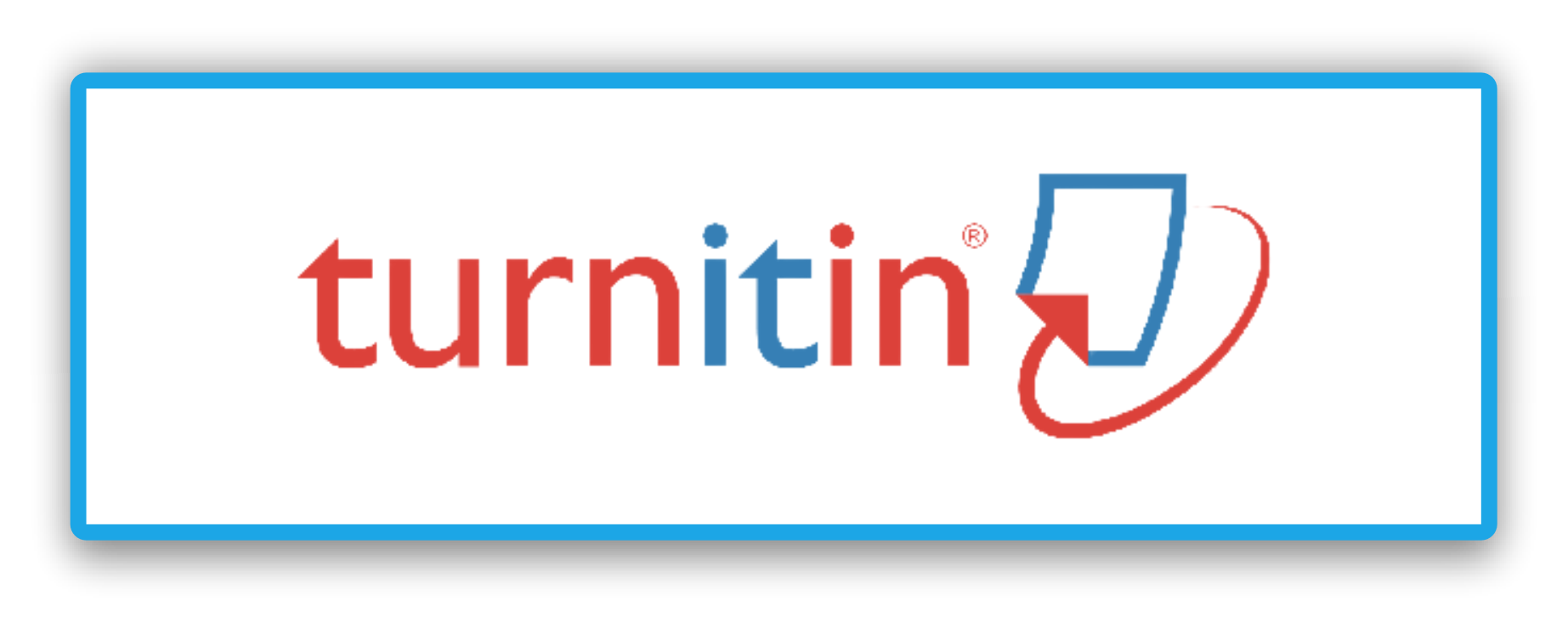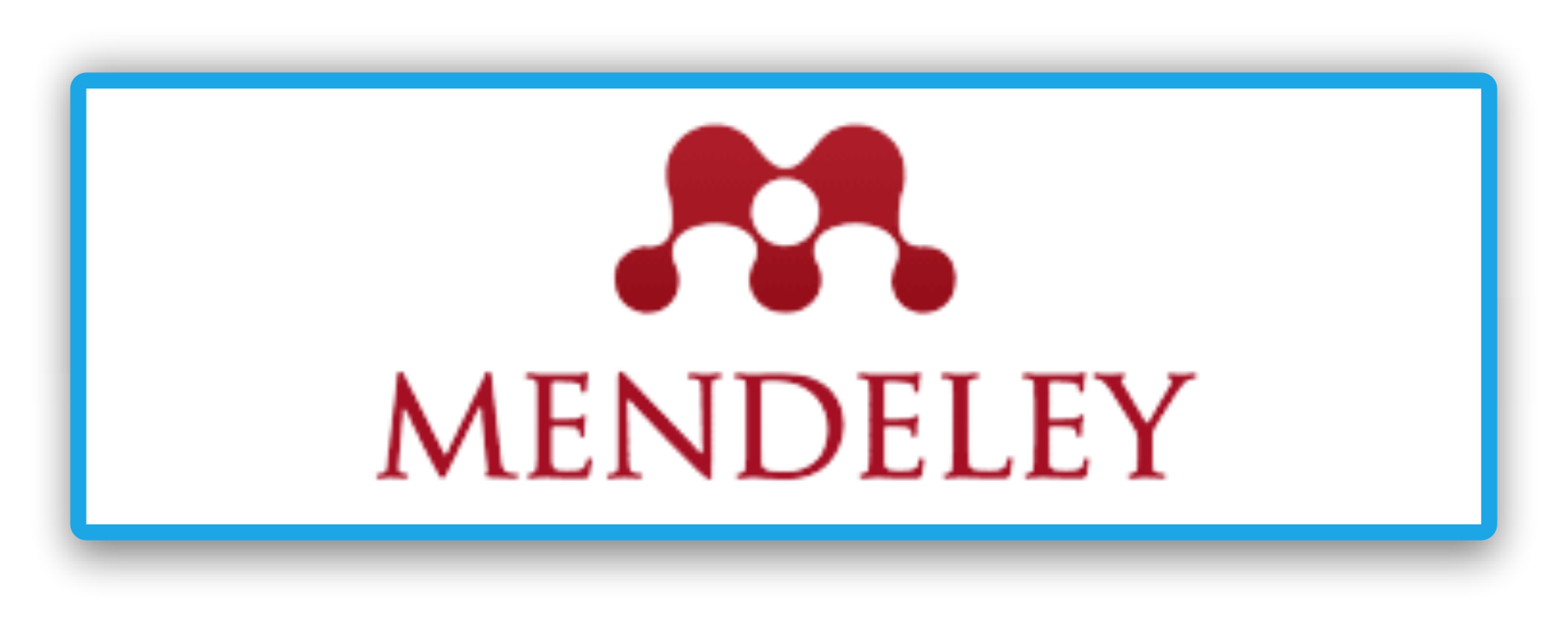Sustainability of Education for Children of Underprivileged Families through the Family Hope Program (PKH)
Abstract
Full Text:
PDF (Bahasa Indonesia)References
Ames, H., Glenton, C., & Lewin, S. (2019). Purposive sampling in a qualitative evidence synthesis: A worked example from a synthesis on parental perceptions of vaccination communication. BMC Medical Research Methodology, 19(1), 1–9. https://doi.org/10.1186/s12874-019-0665-4
Aspers, P., & Corte, U. (2019). What is Qualitative in Qualitative Research. Qualitative Sociology, 42(2), 139–160. https://doi.org/10.1007/s11133-019-9413-7
Aziz, A. A., Royani, R., & Syukriati, S. (2021). The Implementation of Family Hope Program in Social Protection and Welfare in West Lombok. Journal of The Community Development in Asia, 4(3), 1–11. https://doi.org/10.32535/jcda.v4i3.1176
Buck, R., & Deutsch, J. (2014). Effects of poverty on education. International Journal of Human Sciences, 11(2), 1139–1148. https://doi.org/10.14687/ijhs.v11i2.3043
Calder, S. (2019). The Relationship between Students Living in Poverty and Those Who Teach Them. BU Journal of Graduate Studies in Education, 11(1), 37–41. files/1645/Calder - 2019 - The Relationship between Students Living in Povert.pdf%0Afiles/1646/eric.ed.gov.html%0Afiles/1647/eric.ed.gov.html
Dolores, M., & Tongco, C. (2007). Definition of Purposive Sampling. A Journal of Plants, People and Applied Research, 5, 1–12. https://ethnobotanyjournal.org/index.php/era/article/view/126
Etikan, I. (2016). Comparison of Convenience Sampling and Purposive Sampling. American Journal of Theoretical and Applied Statistics, 5(1), 1–4. https://doi.org/10.11648/j.ajtas.20160501.11
Faulana, I., & Murniawaty, I. (2021). Model Pengentasan Kemiskinan Melalui Kebijakan PKH di Jawa Tengah. Oikos: Jurnal Kajian Pendidikan Ekonomi Dan Ilmu Ekonomi, V(2), 122–135. https://doi.org/10.23969/oikos.v5i2.3414
Maulana, I. D., Jainuri, J., & Hardini, H. K. (2019). “Good Governing Poverty Alleviation” through the PKH Policy - Independent Women’s Groups in Poverty Reduction in Batu City (Study at Batu City Social Service). Journal of Local Government Issues, 2(2), 193. https://doi.org/10.22219/logos.vol2.no2.193-209
Mihai, M., Ţiţan, E., & Manea, D. (2015). Education and Poverty. Procedia Economics and Finance, 32(15), 855–860. https://doi.org/10.1016/s2212-5671(15)01532-4
Munna, A. S. (2020). Poverty’s Effects on the Ability to Engage with Education Actively: A Case Study of the Access and Participation Plan. International Journal of Asian Education, 1(3), 125–134. https://ijae.journal-asia.education/index.php/data/article/view/45
Novieta, E., Sujianto, & Tua, H. (2019). Efektifitas Program Keluarga Harapan (PKH) dalam Upaya Pengentasan Kemiskinan. Jurnal Ilmu Administrasi Negara, 15(2), 183–190. https://jiana.ejournal.unri.ac.id/index.php/JIANA/article/view/7867
Serneels, P., & Dercon, S. (2021). Aspirations, Poverty, and Education. Evidence from India. The Journal of Development Studies, 57(1), 163–183. https://doi.org/10.1080/00220388.2020.1806242
Shi, Z., & Qamruzzaman, M. (2022). Re-Visiting the Role of Education on Poverty Through the Channel of Financial Inclusion: Evidence From Lower-Income and Lower-Middle-Income Countries. Frontiers in Environmental Science, 10(May), 1–17. https://doi.org/10.3389/fenvs.2022.873652
Takaredase, J. T., Kaawoan, J. E., & Singkoh, F. (2019). Program Keluarga Harapan Dalam Pengentasan Kemiskinan Di Kampung Manumpitaeng. Jurnal Eksekutif, 3(3), 1–11.
DOI: https://doi.org/10.31869/ruhama.v5i2.3729
Article Metrics
Abstract view : 188 timesPDF (Bahasa Indonesia) - 119 times
Refbacks
- There are currently no refbacks.
INDEXED BY :
Pascasarjana UM Sumatera Barat
Jl. Pasir Kandang No.4, Pasie Nan Tigo, Kec. Koto Tangah, Kota Padang, Sumatera Barat 25586.
 This work is licensed under a Creative Commons Attribution-ShareAlike 4.0 International License.
This work is licensed under a Creative Commons Attribution-ShareAlike 4.0 International License.












